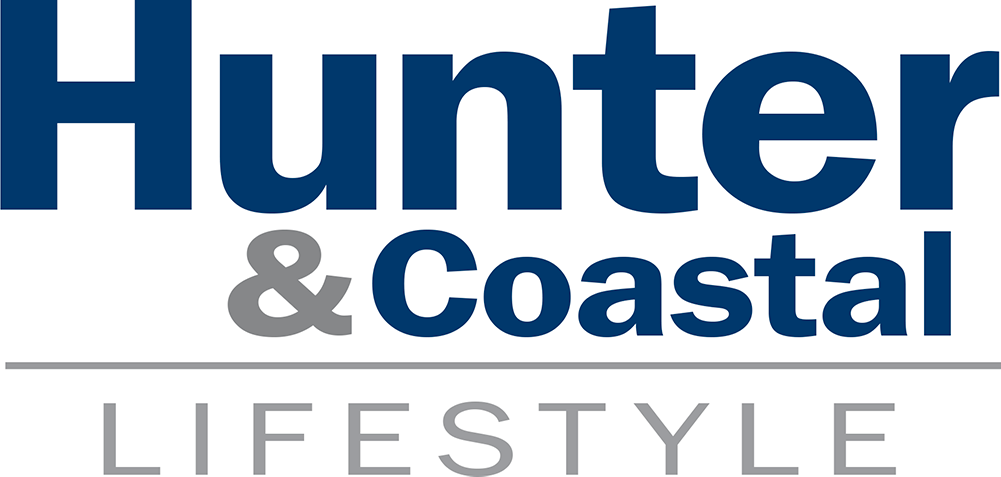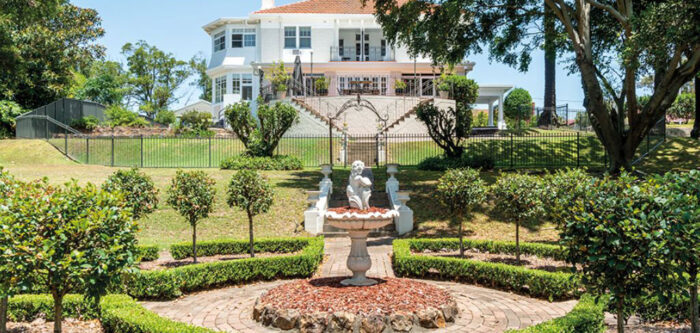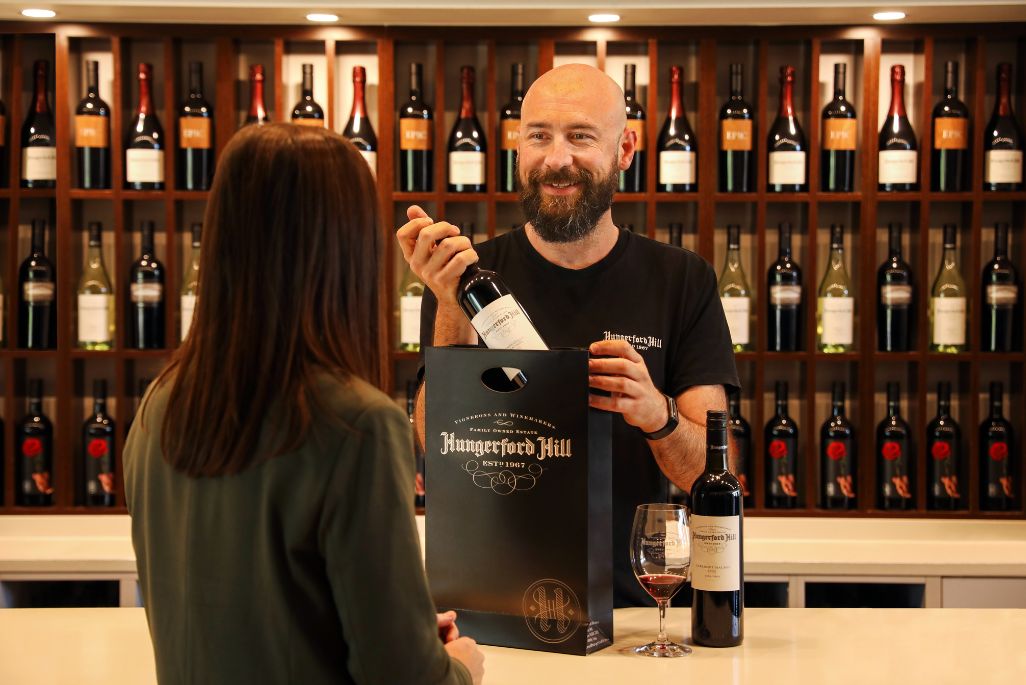
Alternate grape varieties
The Hunter Valley is not exempt from the formidable challenges posed by climate change. Rising temperatures, altered precipitation patterns, and more extreme weather events are increasingly affecting annual grape crops.
As part of a broader strategy to increase sustainability in the Hunter Valley, viticulturist & growers have been proactive in exploring alternative grape varieties. They have also implemented innovative vineyard management practices, such as improved irrigation techniques, vine canopy management, and soil health regeneration. These practices, combined with the introduction of resilient grape varieties will help mitigate the impacts of climate change and ensure the long-term viability of the region’s wine industry.
By diversifying the variety of grapes grown in the region, winemakers are better equipped to maintain wine quality and production levels.
Exploring alternate grape varieties is not new, with pioneers such as Margan & Little Wine Company experimenting with Italian varieties, as far back as the late 1990’s. However, it’s fair to say, the industry’s investment in growing & crafting wines made from alternate varieties, has picked up pace, as has consumer interest in these wines.
Now, you’ll find an incredible diversity of varieties grown in the Hunter Valley, like Vermentino, Fiano, Albarino & Pecorino, plus red varieties including Barbera, Sangiovese, Mourvèdre, Graciano, Touriga & Montepulciano.
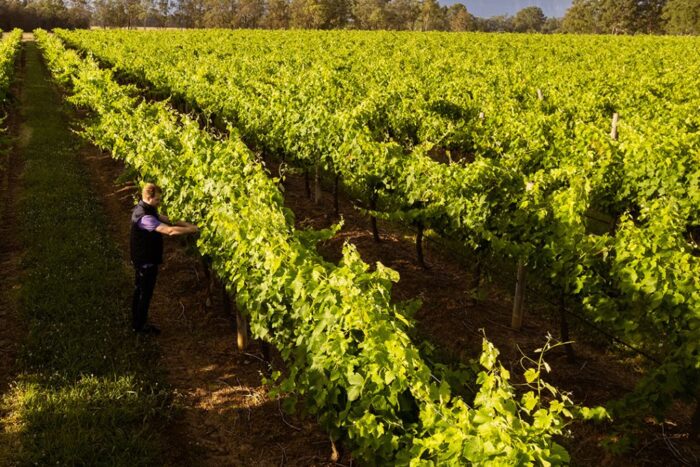
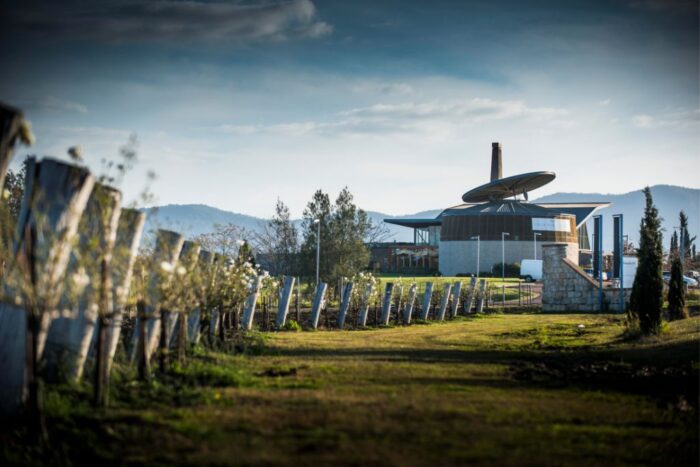
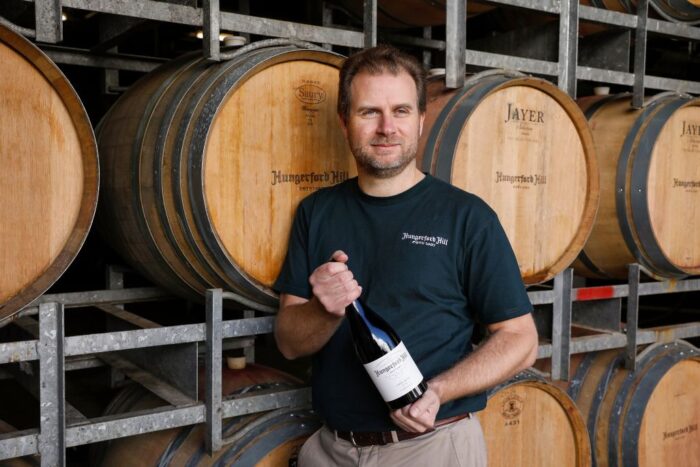
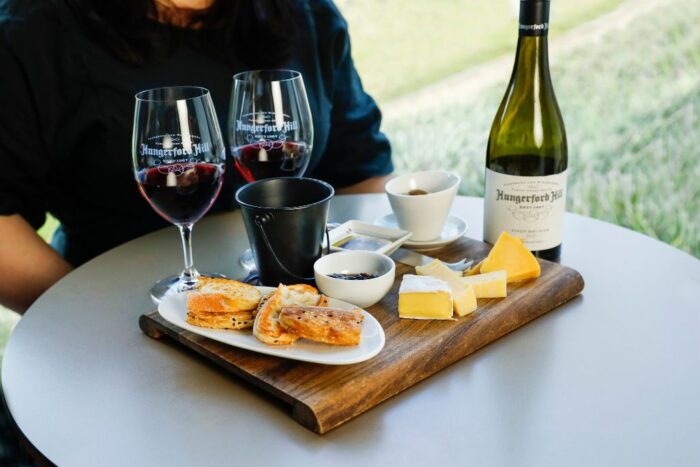
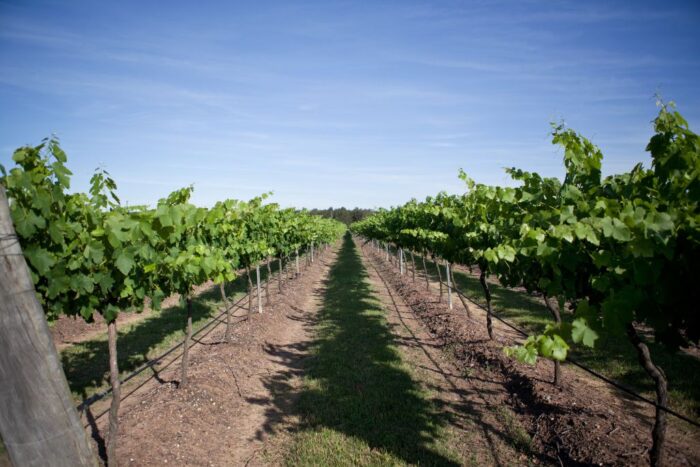
According to Bryan Currie, General Manager & Chief Winemaker for Hungerford Hill, Sweetwater & Dalwood Estates, “the hero varieties in the Hunter Valley like Semillon & Shiraz are flexible & can cope with climate change, but weather events are becoming more extreme. When you’re planning for the future, you need to look at other options & there are varieties particularly from Spain, Portugal & Italy that can cope well with more extreme drought, heat & rain. We need to adapt.”
Bryan is quick to point out that it’s also about giving a variety of wines to consumers, “there’s nothing like something new to get customers excited. We make Vermentino, Fiano, Tempranillo, Touriga & Mataro & they are really well received. Our Fiano has plenty of flavour with ripe stone fruits, floral aromatics, a rich texture with lovely balanced acidity. People love it!”
Interestingly, Bryan explained that Portuguese & Spanish varieties were originally planted at the historic Dalwood vineyard in the 1820’s & 1830’s which were mostly used in port production. He said, “I replanted Touriga & Tempranillo in 2017, so in some ways, it’s back to the future”.
Bryan commented, “we’ve had 200 years experience with Shiraz, so it’s fair to say we’re still learning what new varieties will work best in the Hunter Valley. The red varieties have the potential to produce medium-bodied, premium wines that are delicious & also have great ageability. That’s what we’re after.”
Bryan concluded, “there is plenty of potential & the quality of Hunter Valley alternate varieties is exciting. These wines have been winning plenty of gold medals & trophies at wine shows across the country. They’re here to stay, so I’d encourage everyone to head to a Hunter cellar door & give them a go!”
Discover more in the Spring Edition of Hunter & Coastal Lifestyle Magazine or subscribe here.
Story Cathy Gadd.
